Meet Our Team
CEDIC Directors and Administration
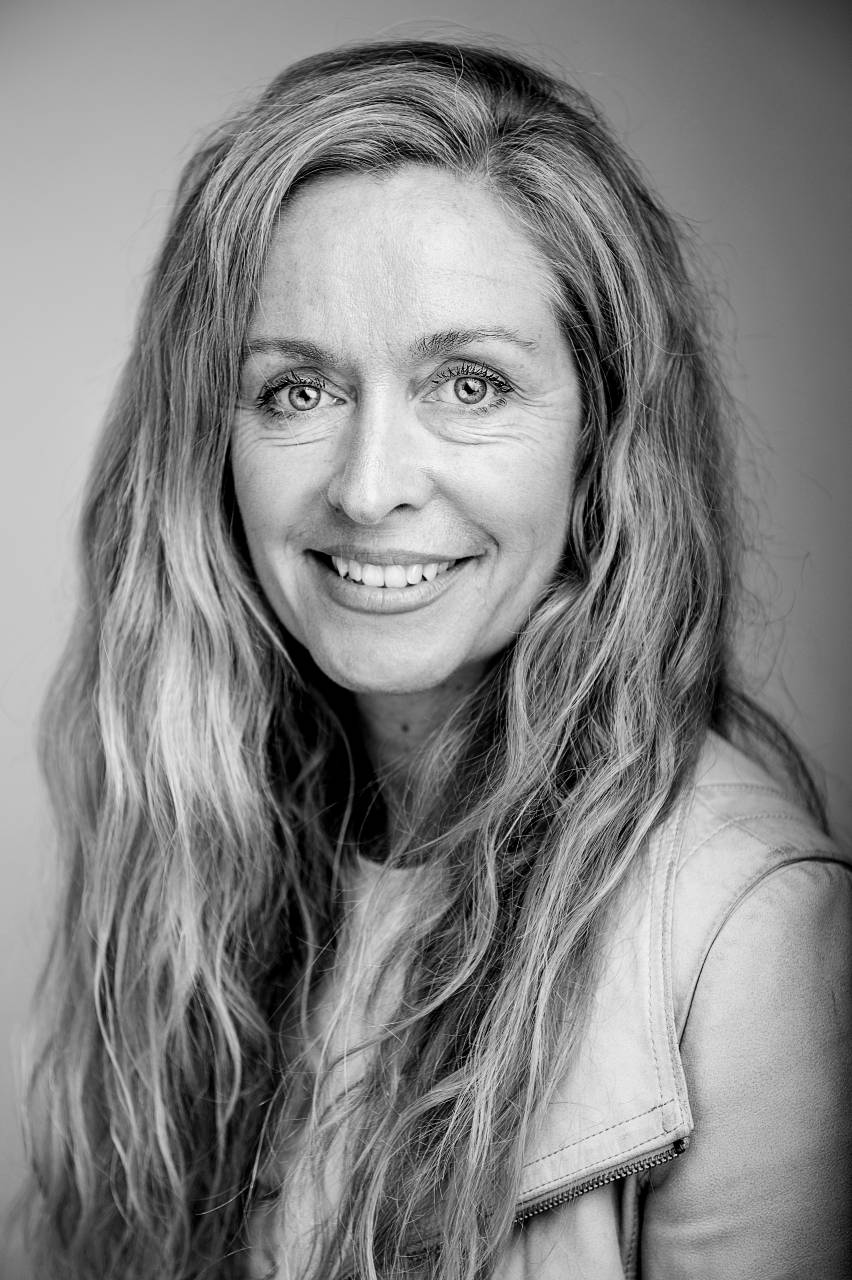
Marit Haldar
Sociology Professor at the Department of Social Work, Child Welfare and Social Policy, and the Norwegian Research School on Digitalization, Culture and Society (DIGIT)
Important themes in Haldar’s research are childhood, the elderly, gender, family, social inequality, social isolation, and tele-presence. Equality and vulnerable subjects in the welfare state and health care system are primary concerns of her research. Haldar has developed a novel methodological approach to qualitative research which is acclaimed in international methodology literature. Read more >>

Rune Halvorsen
Sociology Professor at the Department of Social Work, Child Welfare and Social Policy, and co-director of CEDIC and the Norwegian Research School on Digitalisation, Culture and Society
Halvorsen’s main interests are European and comparative welfare policy, social citizenship, EU social policy, and citizenship movements. His central concern is to contribute new knowledge for the future social Europe. He has contributed to theorisation of changes in social citizenship, welfare governance and structure/agency dynamics in mature welfare states. Read more >>
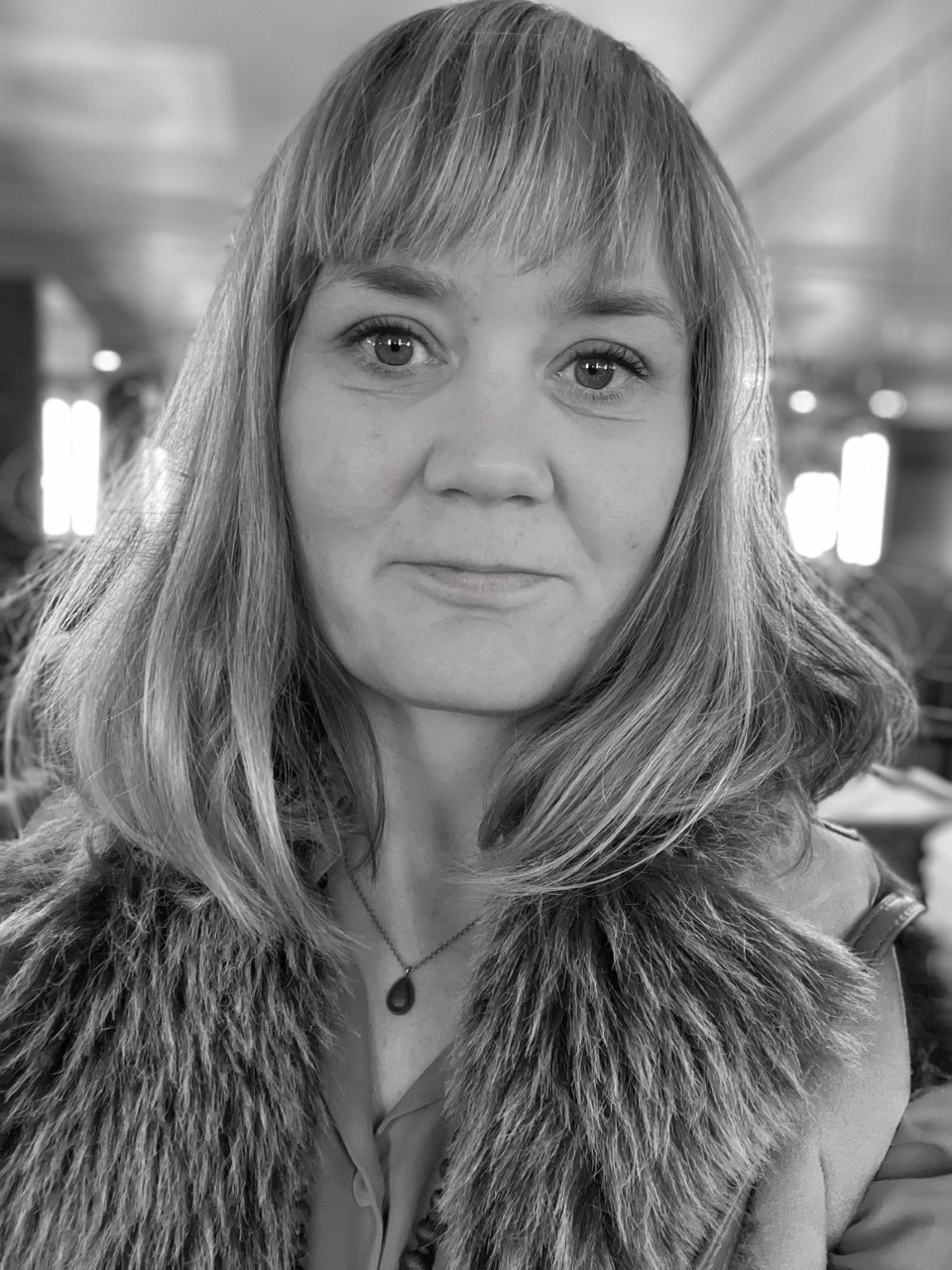
Tina Svingerud
Adviser at the Department of Social Work, Child Welfare and Social Policy, and coordinator for CEDIC and the Norwegian Research School on Digitalization, Culture and Society (DIGIT)
Svingerud is the administrative coordinator for CEDIC and DIGIT Research School. She holds a PhD in molecular biology and has prior research experience in immunology, cancer research, and bacteriology. Since 2019, she has been working in administrative roles and project coordination and facilitation. Read more >>
Research Group Leaders & Affiliated Researchers
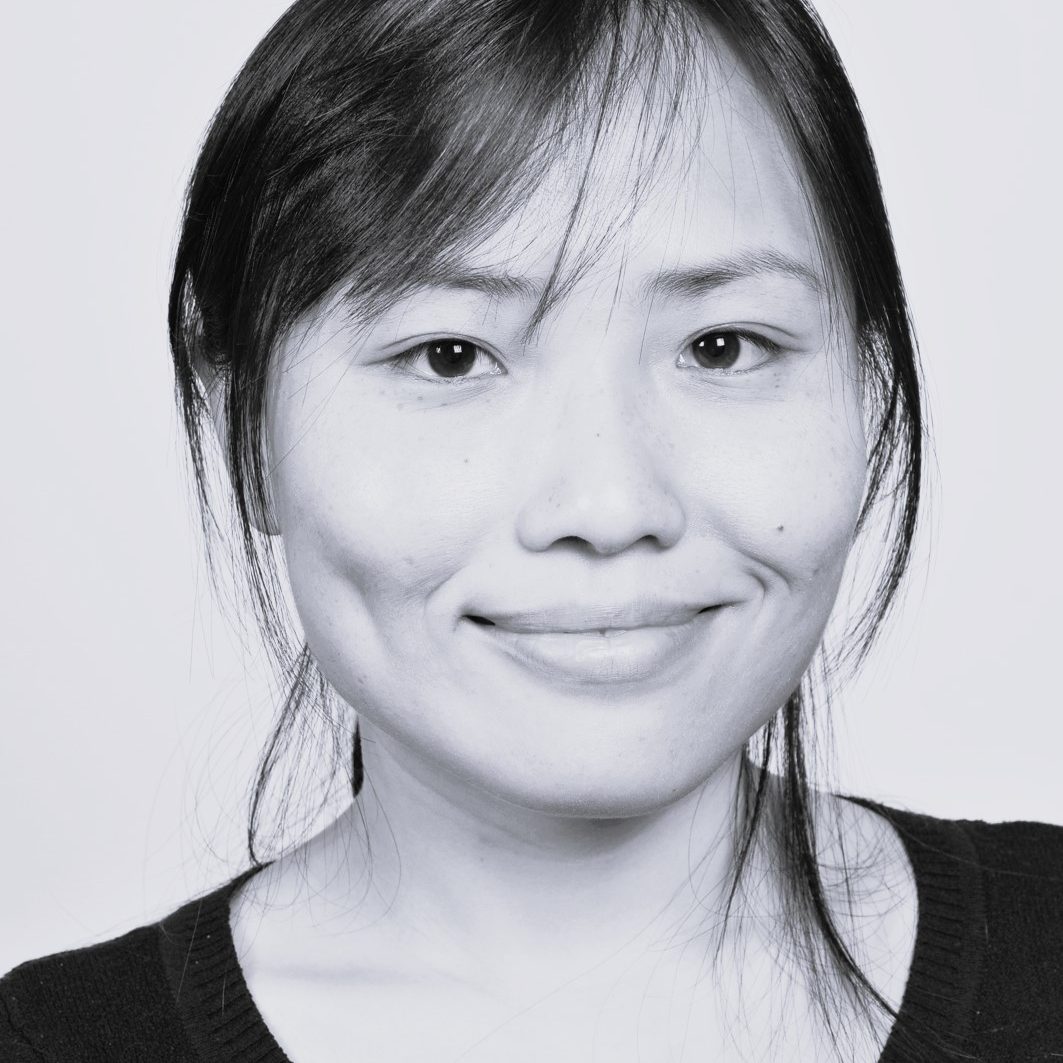
Nan Zou Bakkeli
Postdoctoral Fellow at CEDIC and senior researcher at Consumption Research Norway (SIFO).
Bakkeli’s research fields are social inequality, medical sociology, social epidemiology, health studies, comparative welfare studies and statistics. Her postdoctor research project at CEDIC is about exploring digital gaps and its consequences on socioeconomic inequalities at both individual and household level.
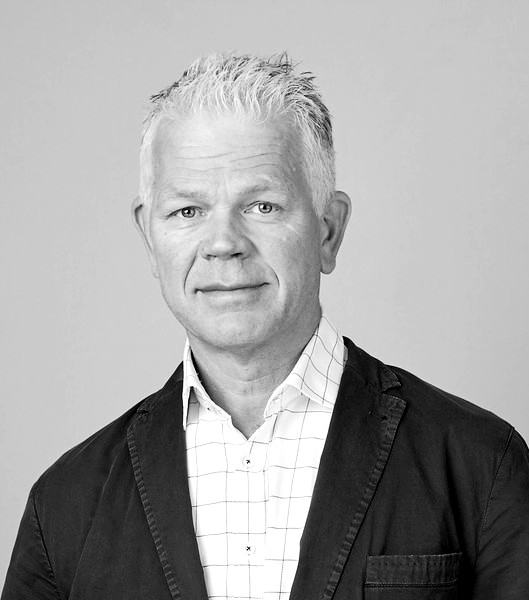
Arne Dulsrud
Research Professor at the Centre for Welfare and Labour Research (SVA), OsloMet, and leader of research group The Platform Economy and Sustainable welfare.
Dulsrud has a PhD in sociology. His research areas include marketing, food consumption, and consumer markets.
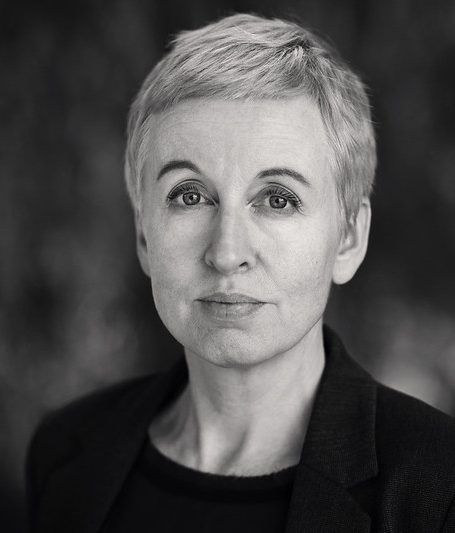
Cathrine Egeland
Research Professor the Centre for Welfare and Labour Research (SVA), OsloMet, and leader of research group Digitalization, Law, and Governance.
Egeland has a PhD in philosophy and gender studies. Her research areas include theory of science, feminist theory, and working life.
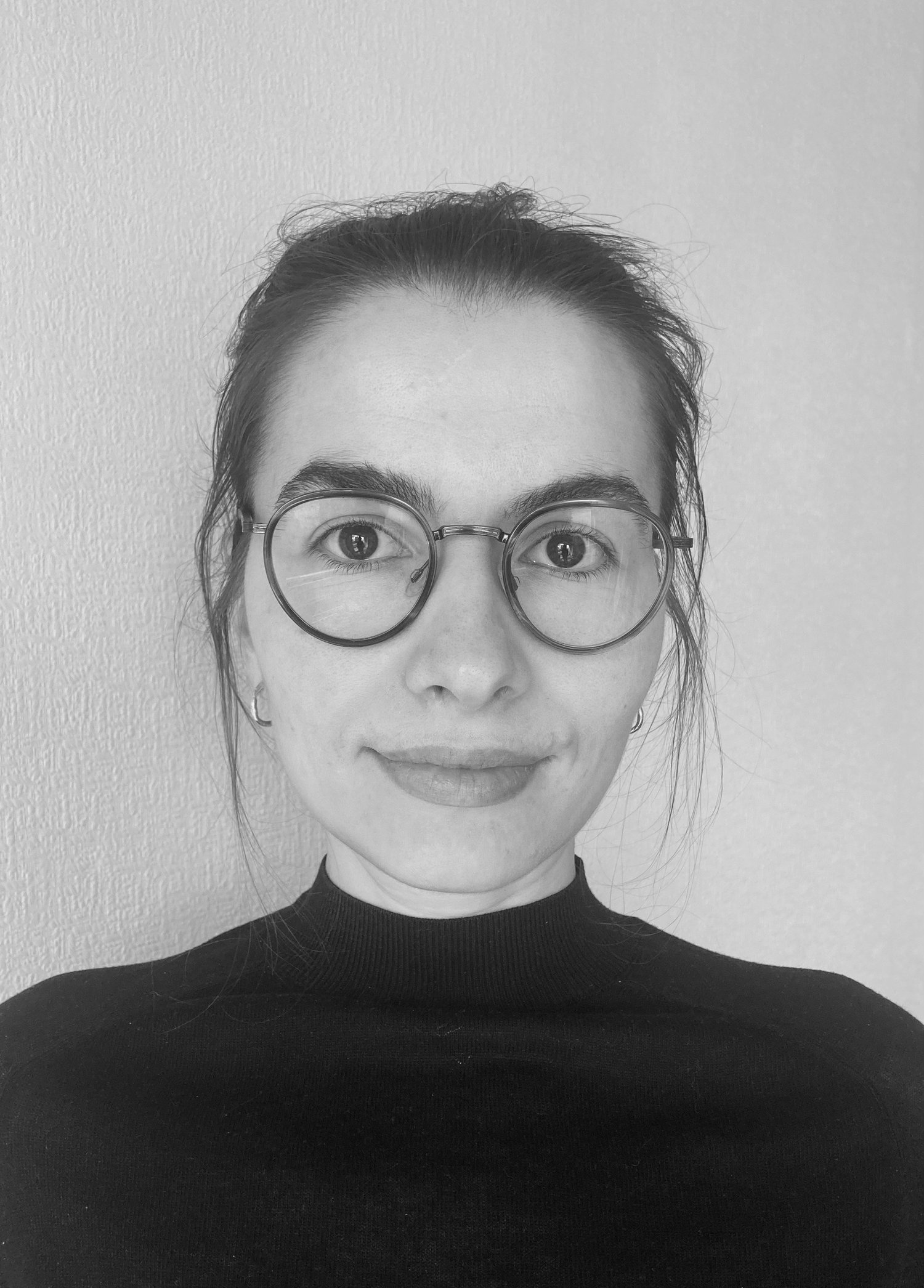
Olga Gheorghiev
MSCA postdoctoral fellow at the Department of Social Work, Child Welfare and Social Policy.
Gheorghiev is a social scientist with a strong track record in researching the labour market integration of migrant workers. Her project
IDILAB (Implications of digital transformation for migrant labour) investigates the impacts that technological progress and subsequent structural changes have on the labour market integration of migrant workers.

Tore Gulden
Professor at the Faculty of Technology, Art and Design, and leader of the research group Digitalization and Everyday Life.
Gulden is a professor in industrial design with a main interest in game dynamics and systemic design. His research areas include game theory, design methodology, and sustainable design.
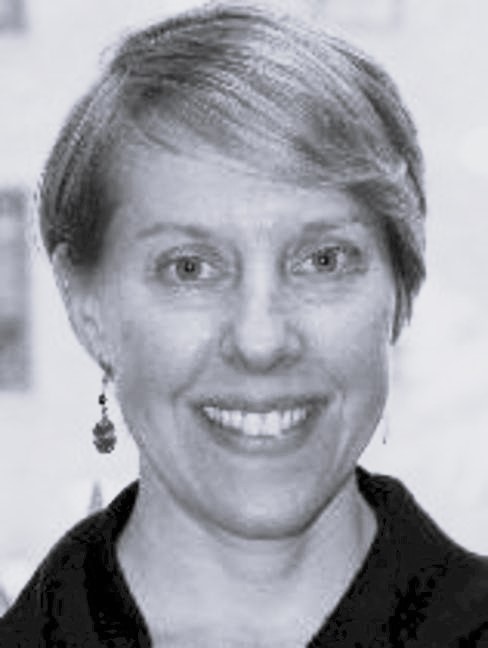
Erika Gubrium
Professor at the Department of Social Work, Child Welfare and Social Policy, OsloMet.
Gubrium’s work is interdisciplinary across the fields of social work, sociology, social policy, history, geography, and psychology, and employs qualitative methodologies. Her recent work has focused on the social-psychological impact of anti-poverty welfare measures on welfare system claimants, the socio-historical analysis of social welfare movements, as well as embodied place-attachment (including through digital “spaces”), mobility and belonging amongst adult immigrants to Norway.

Jo Erskine Hannay
Research Professor/Chief Scientist at Simula Metropolitan Center for Digital Engineering AS (SimulaMet), and leader of the research group The Digitalization Process and AI Adoption in the Public Sector.
Hannay’s research interests includes digitalization from a system lifecycle perspective with a focus on benefits and disbenefits. He also researches simulation-based training for healthcare collaboration under suboptimal conditions, machine reasoning, and machine learning. Hannay is connected to the Center for Effective Digitalization of the Public Sector at SimulaMet.
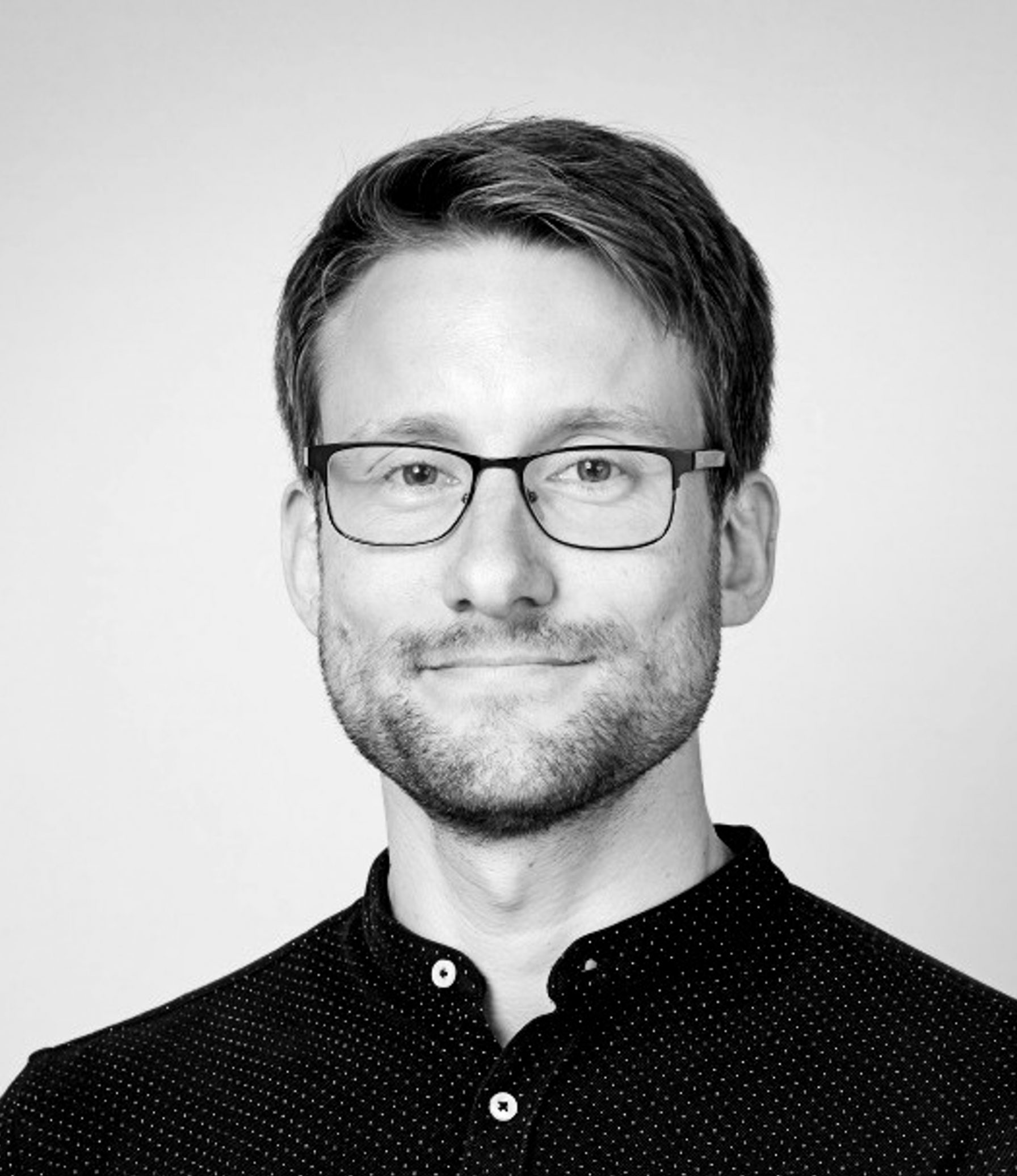
Lars E. F. Johannessen
Associate Professor at the Centre for the Study of Professions, OsloMet, and leader of research group Digitalization, Innovation, and Implementation.
Johannessen’s main areas of research are cultural sociology, medical sociology, digital culture and science and technology studies. He received his PhD from Oslo Metropolitan University in 2018 and has published articles in journals such as New Media & Society, Sociology of Health & Illness, Symbolic Interaction, Social Science & Medicine, and European Societies.
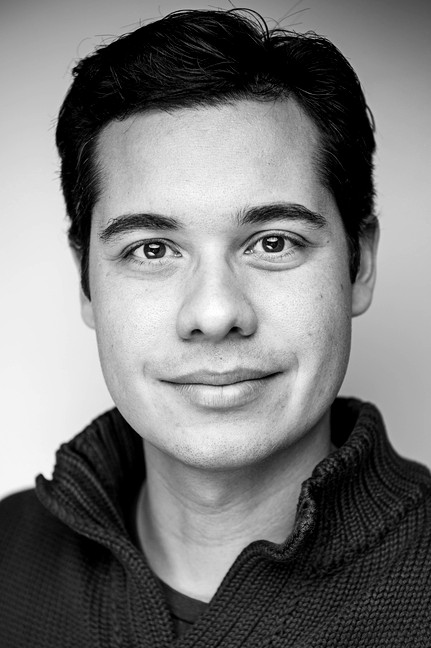
Yuri Kasahara
Senior researcher, leader of the Digital Social Sciences group at the Norwegian Institute for Urban and Regional Research (NIBR), OsloMet, and leader of the research group Data Science Methods in Social Research.
Kasahara’s main research areas are the analysis of policy development and implementation, as well its political consequences. Lately he has been exploring the potential applications of data science and machine learning for social science research.
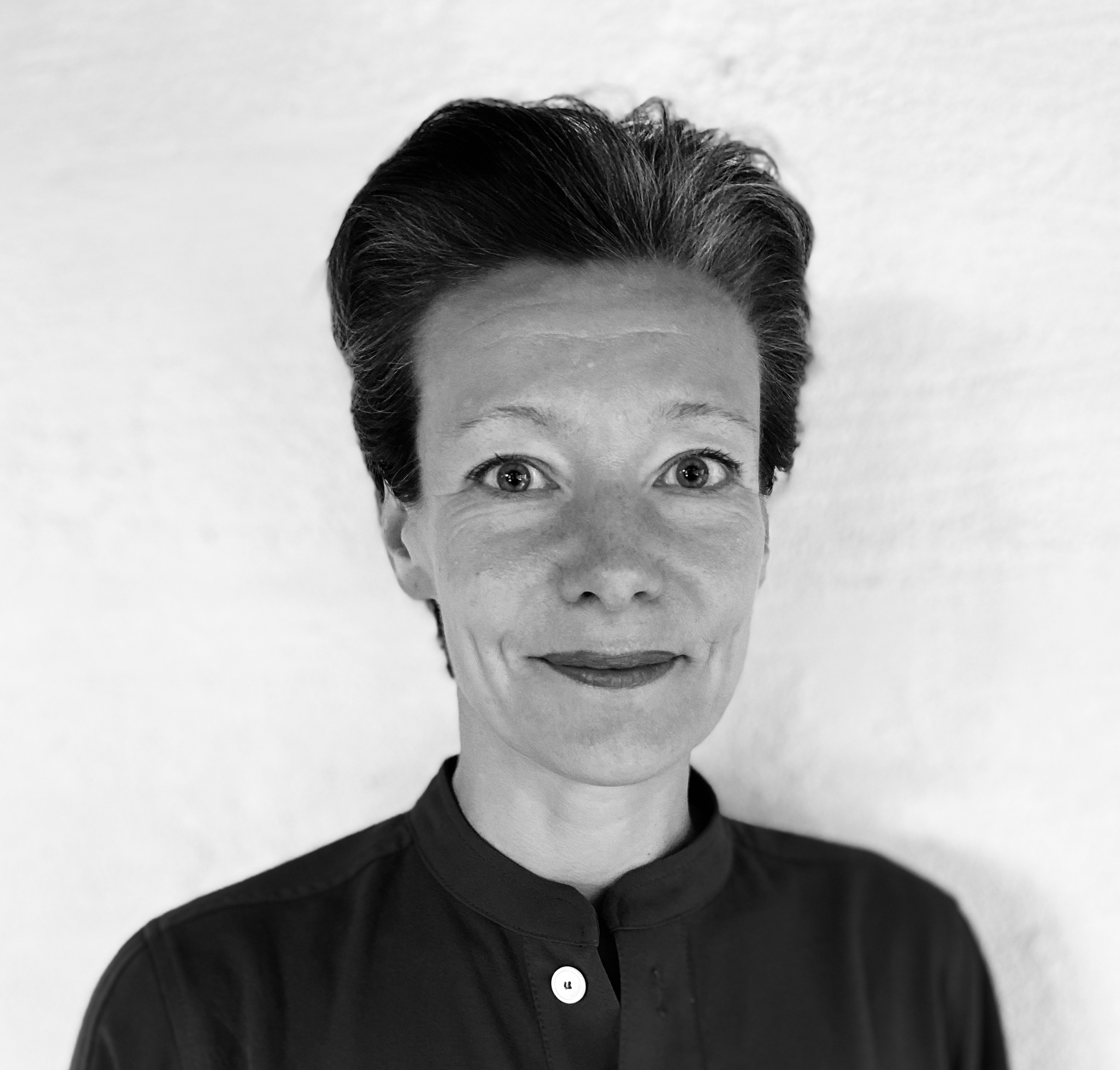
Julia Köhler-Olsen
Professor of Law at the Department of Social Work, Child Welfare and Social Policy, and Leader of research group Digitalization, Law, and Governance.
Köhler-Olsen is head of the research project «Trustworthy Welfare Administration». The project explores legal and organizational questions related to the digitalization of public administration of welfare benefits and services according to the National Insurance Act by the Norwegian Work and Welfare Administration (NAV).

Tereza Østbø Kuldova
Research Professor at the Centre for Welfare and Labour Research (SVA), OsloMet.
Kuldova leads and participates in several FRIPRO projects funded by The Research Council of Norway which critically investigate the intersection of algorithmic governance and society: from a comparative qualitative research on predictive policing, intelligence and national security, via research on ‘regulatory technologies’ and their role in anti-corruption, crime-fighting and global and transnational governance of crime, explorations of the impact of digitalization on the world of work and labour relations, to investigations into questions of ethics and morality in contemporary capitalism refracted through the lens of digitalization and the rise of AI.

Mikko Laamanen
Senior Researcher at the Centre for Welfare and Labour Research (SVA), OsloMet.
Senior Researcher with the Technology and Sustainability research group at Consumption Research Norway (SIFO). Laamanen’s research programme is situated at the intersection of sociologies of consumption, organization and social movements. He is expert in the everyday politics of technology, inclusion and social change.
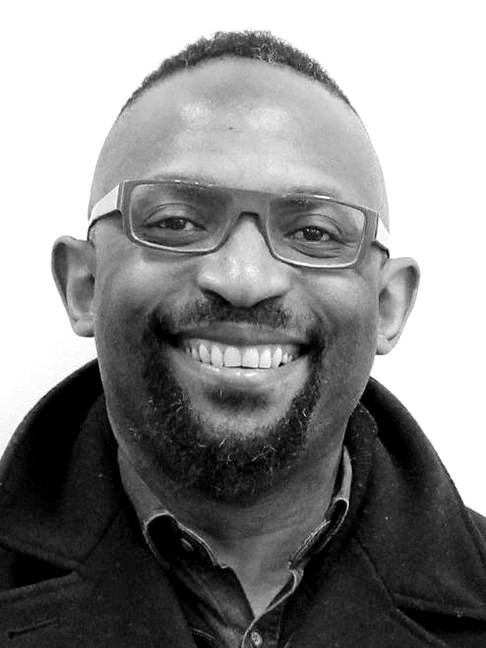
Henry Nsaidzeka Mainsah
Research Professor at the Centre for Welfare and Labour Research (SVA), OsloMet, and leader of the research group Digitalization and Everyday Life.
Mainsah holds a PhD in Media and Communication. His research covers topics such as digitization, digital literacy, youth culture, smart living, creative research methods, and participatory design.
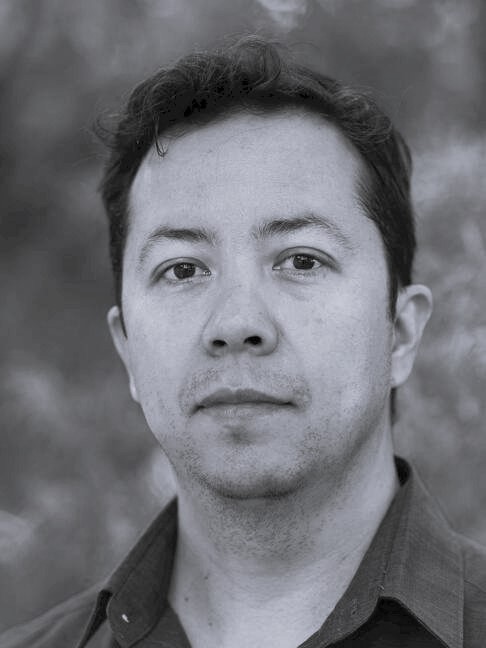
Alejandro Miranda Nieto
Researcher at the Department of Social Work, Child Welfare and Social Policy, OsloMet
Nieto is a sociologist. His current research deals with homemaking, dwelling and migration among IT professionals living in Oslo, and has written about mobilities, home, migration, music and ethnography. He often uses theories of practice, and is interested in developing comparative approaches that draw from different disciplines, such as geography, anthropology, sociology and social policy.
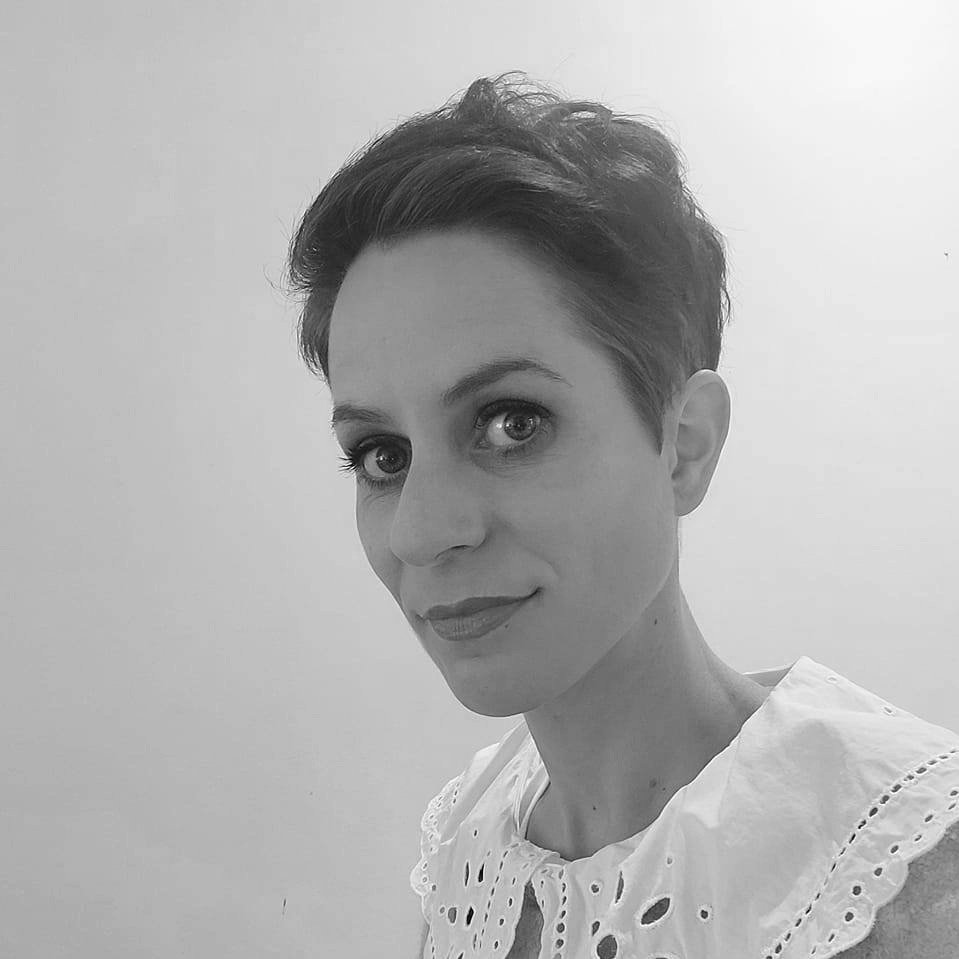
Marijke Roosen
MCSA Postdoctoral fellow at the Department of Social Work, Child Welfare and Social Policy.
Roosen holds a PhD in criminology and have previously worked as a postdoc in fields such as gender studies and law and technology. She has also served as a senior researcher at Demos Helsinki, developing the ethical framework for a project on human-robot interactions. Originally from Belgium, she moved to Norway to join OsloMet as a MSCA postdoctoral researcher.
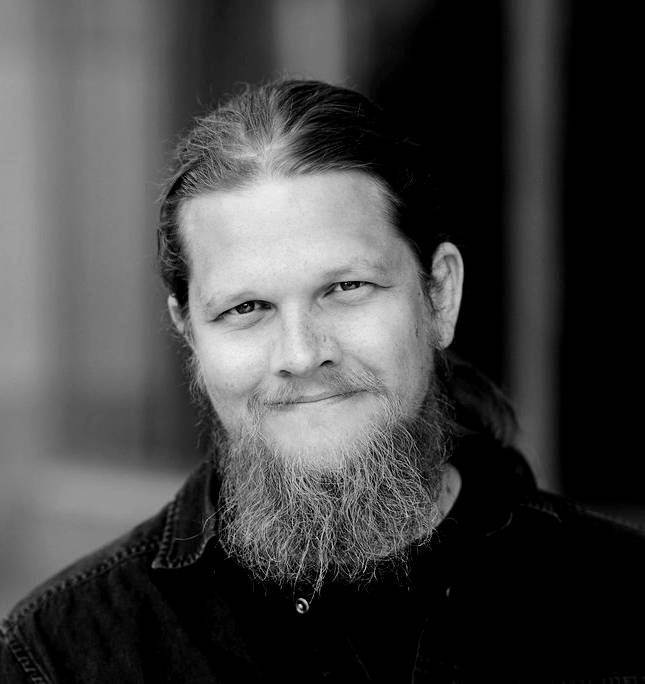
Erik B. Rasmussen
Researcher and leader of the research group Digitalization, Innovation, and Implementation.
Rasmussen explores the development, implementation and uses of social technologies and so-called ‘welfare technologies’ more broadly, and on the conditions for public-private collaboration in innovation in municipal health and social care.
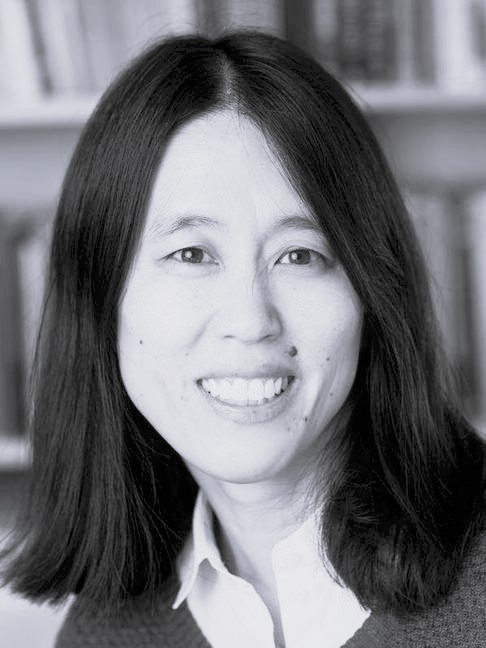
Mi Ah Schøyen
Senior Researcher at the Norwegian Social Research (NOVA) center, OsloMet.
Schøyen holds a PhD in political and social sciences. Her interests include the welfare mix, the politics and social consequences of welfare state reforms, intergenerational solidarity and the interplay between climate and social policy.
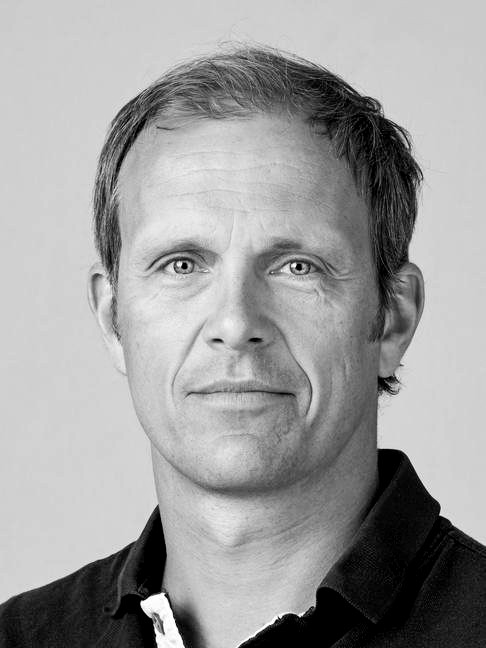
Dag Slettemeås
Researcher at Consumption Research Norway (SIFO), OsloMet.
Slettemås has more than 20 years of research experience in fields such as digitalisation, consumption, and new media technologies. Topics of research relate to digital innovation, Internet of things, digital competence, children and commercial exposure, social media, surveillance economy and the sharing economy.
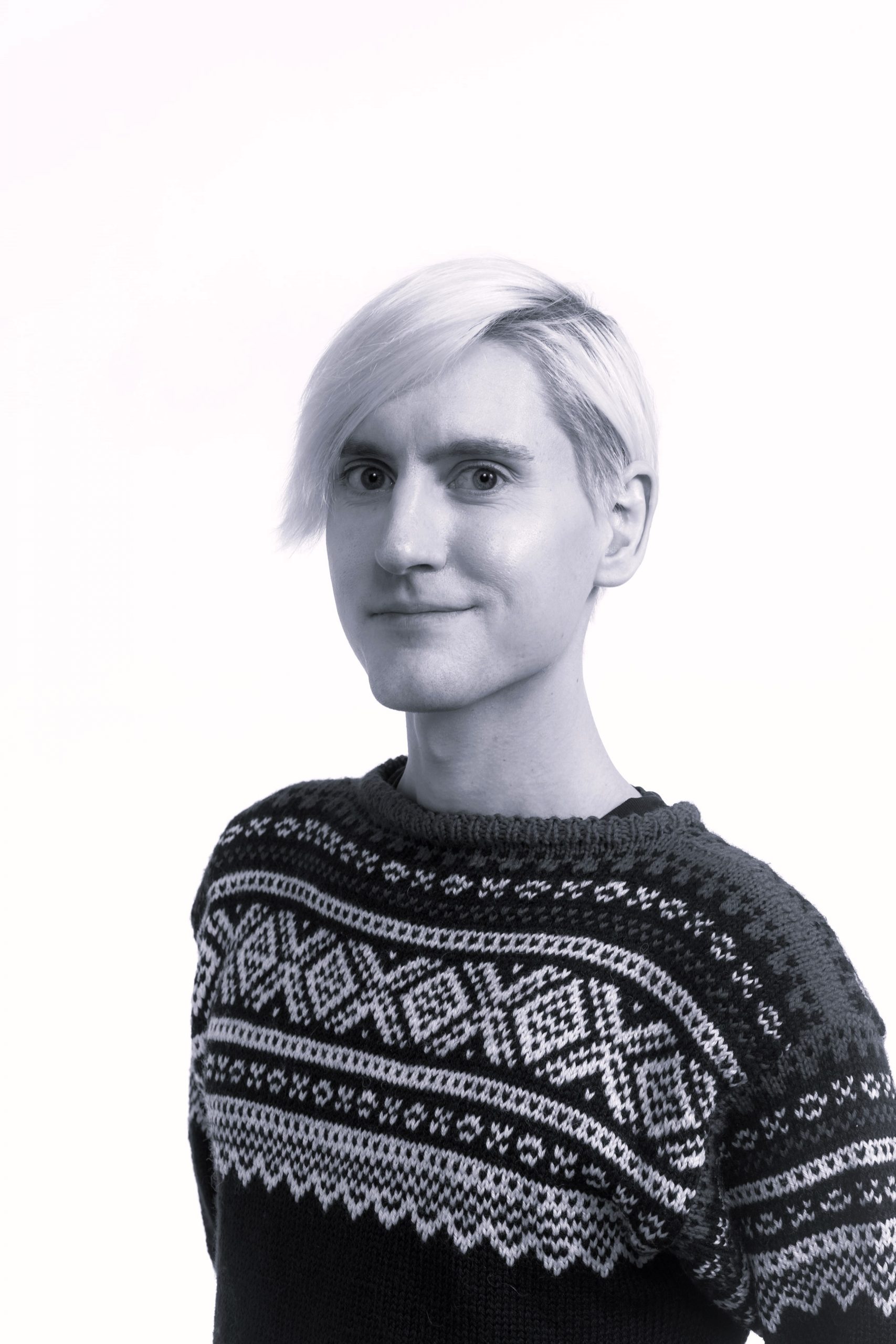
Roger Andre Søraa
Professor at NTNU.
Søraa is Professor at the Department of Interdisciplinary Studies of Culture (KULT) in Studies of Technology and Society (STS). His research focus is on automation, robotization, and the digitalization of society – how humans and technology relate to each other. Dr. Søraa is especially interested in the social domestication of technology, see e.g., his research on hospital robots and gerontechnologies of the home.
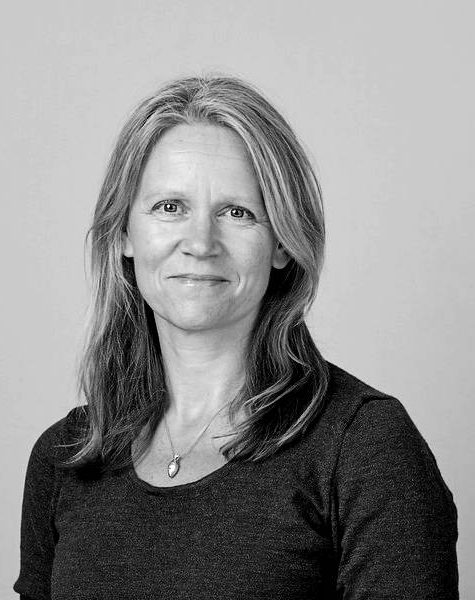
Ardis Storm-Mathisen
Professor at the Department of Early Childhood Education and leader of the research group Digitization and Everyday Life.
Storm-Mathisen’s research areas include new media, gender, emerging technologies, and digital vulnerabilities.
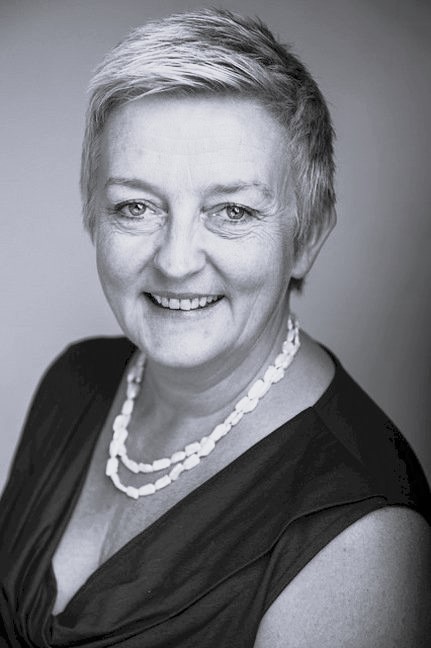
Randi Wærdahl
Professor of sociology at the Department of Social Work, Child Welfare and Social Policy.
Wærdahl teaches on topics related to family, gender, generation, health, and social policy as well as research methodologies. Her research has an everyday perspective on transitions and trajectories in childhood and of families, in times of social and economic change, and in changing contexts due to migration and transnationality. She is currently supervising students and conducting her studies under the umbrella of Digital Family Practices.
Associate Fellows
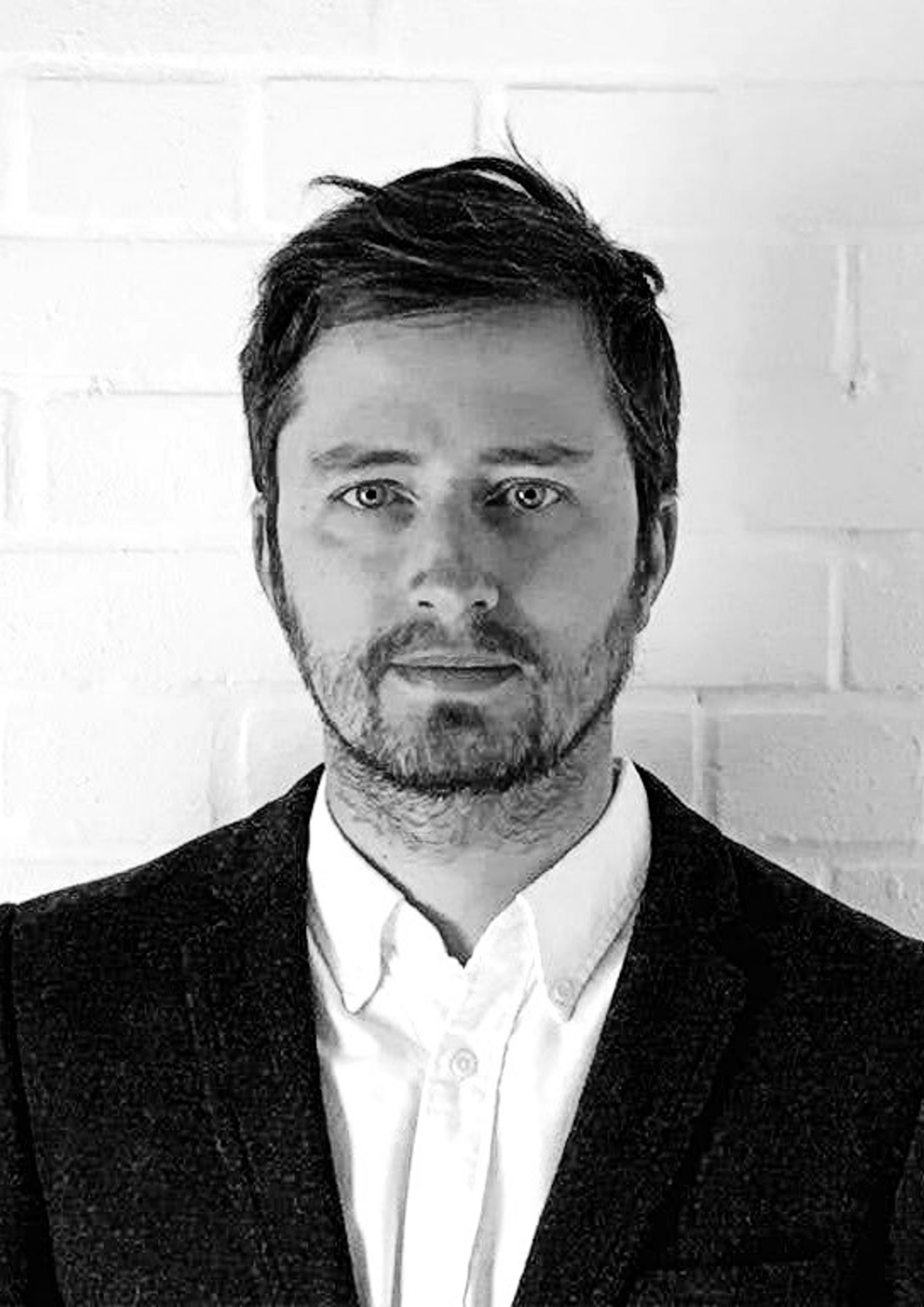
Alban Davesne
Postdoctoral Fellow
Davesne holds a doctorate in political science from Sciences Po, Paris. His research focuses on European integration, Nordic cooperation, and Europeanization of health policies in a comparative perspective. His field of interests include health care reforms, cross-border health care, eHealth, and public health in Europe – prior to and in the aftermath of the COVID pandemic.
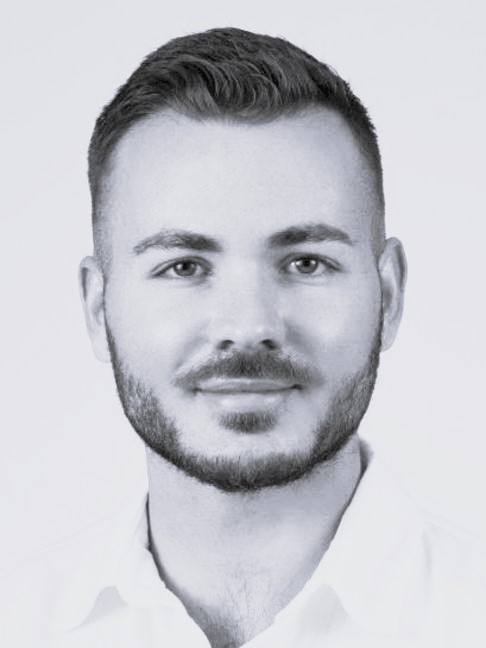
Joakim Finne
Senior researcher at the Work Research Institute (AFI), OsloMet.
Finne focuses on the development of evidence-based interventions within the health and welfare field through the use of randomized controlled studies. Lately, he has been researching digitalization within NAV.
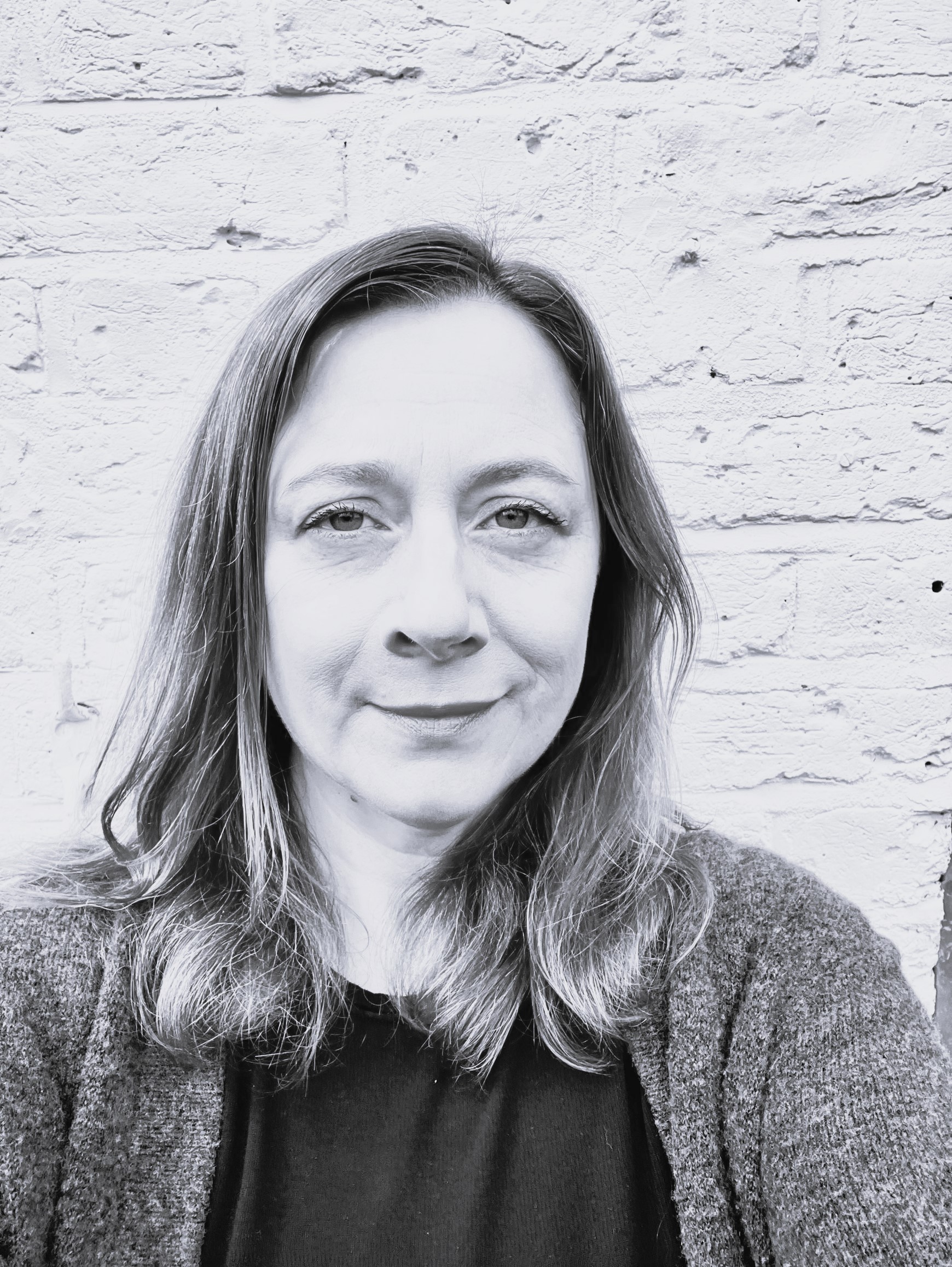
Gemma Hughes
Professor at the University of Leicester.
Hughes is a social scientist concerned with the intersections between organisational practices, health and social care policy and people’s experiences. In her research, she seeks to brings social theory to bear on complex health and social care questions, such as why integrated care does not always work, how technologies are adopted in health and social settings and how decision-making is shaped by clinical and organisational contexts.
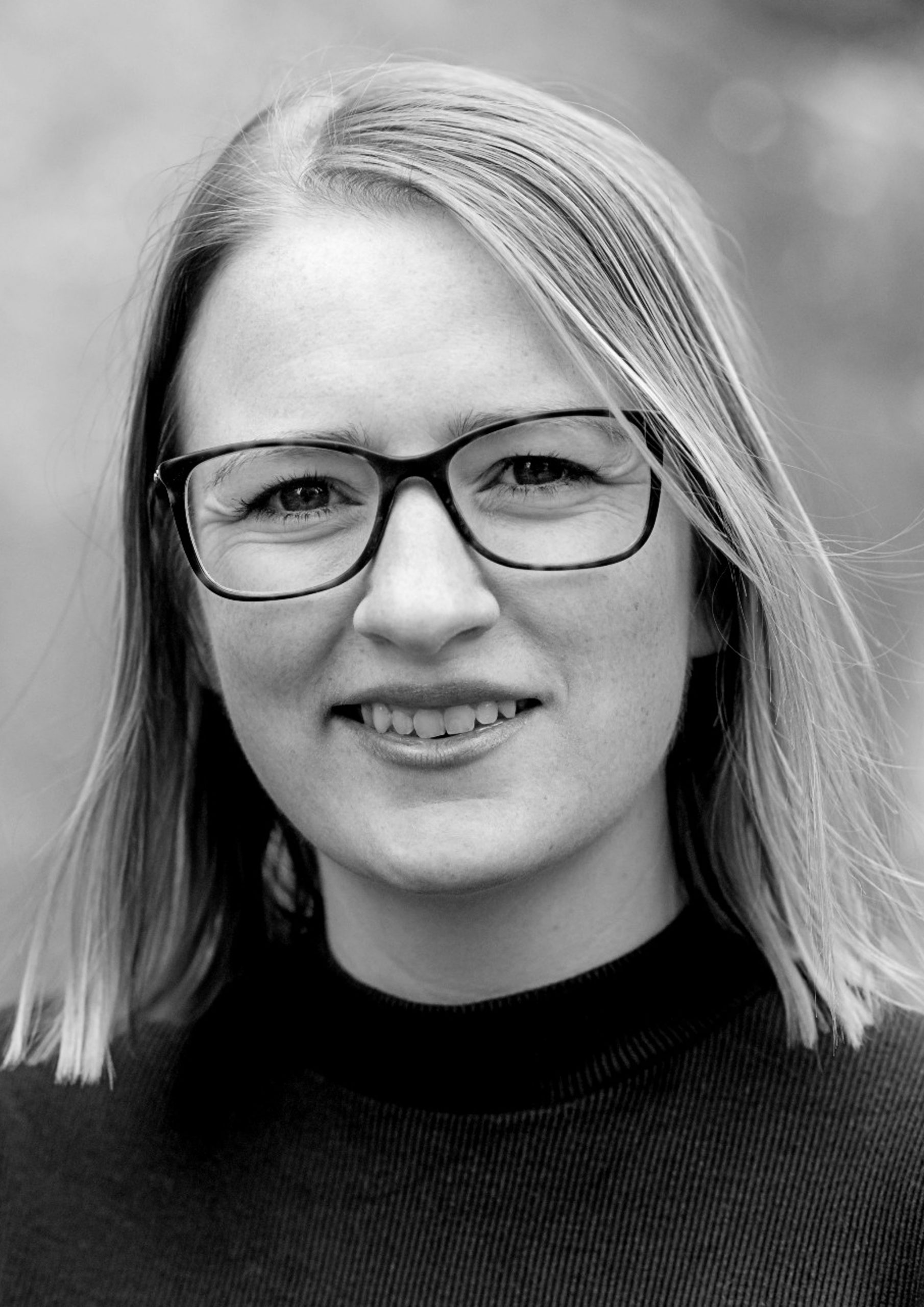
Maja Nordtug
Postdoctoral Fellow
Maja Nordtug has a PhD in media studies from the University of Southern Denmark. She is a former postdoctoral researcher at CEDIC and currently employed at the University of Oslo. Nordtug is an editor of MedieKultur: Journal of media and communication research and has co-edited a special issue on “Platformed Bodies”.
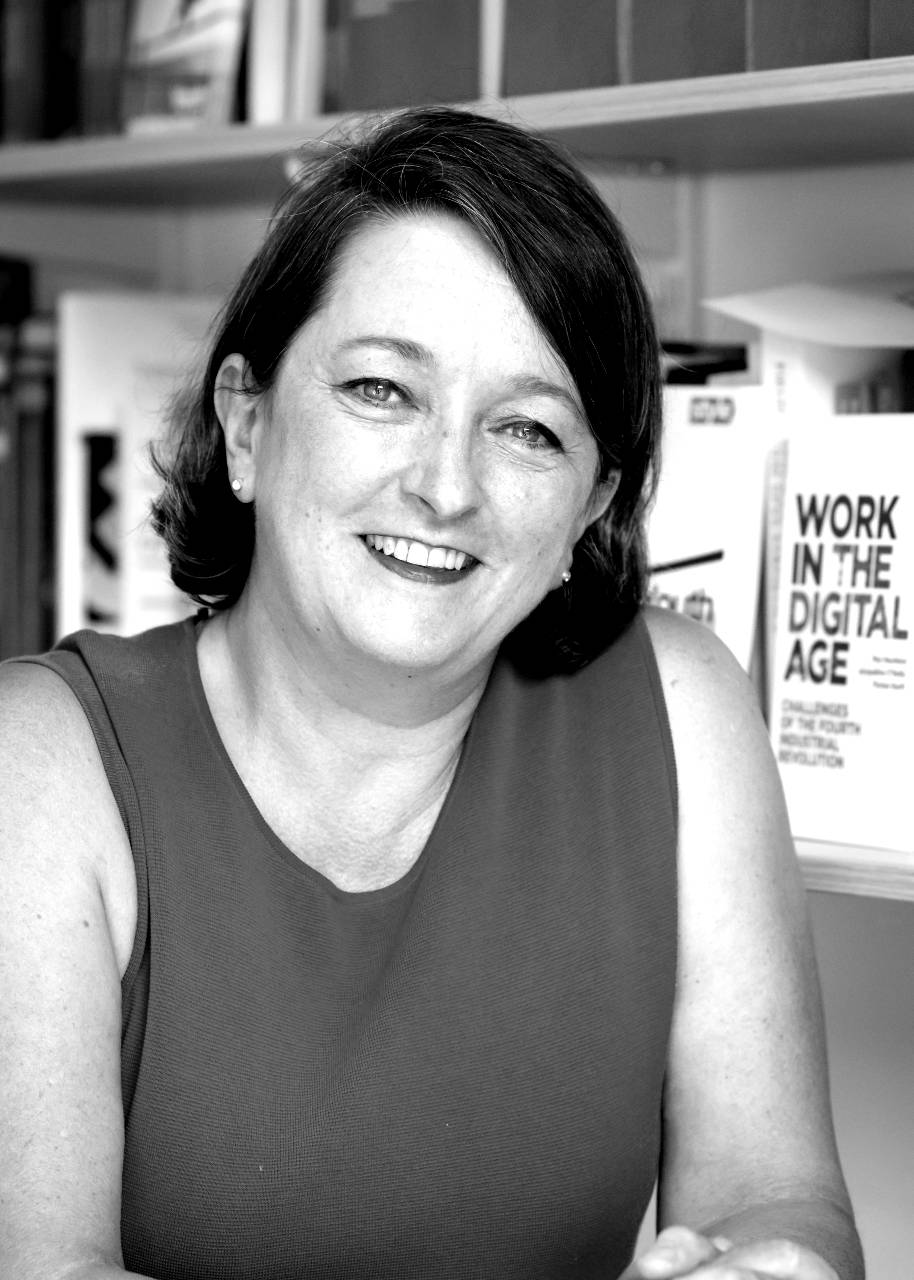
Jaqueline O’Reilly
Professor at the University of Sussex.
O’Reilly’s research interests are in the field of economic sociology and the digital transformation of work. Her research focuses on international comparisons of gender and labour market transitions across the life cycle for youth, parents and older workers using qualitative and quantitative methods.
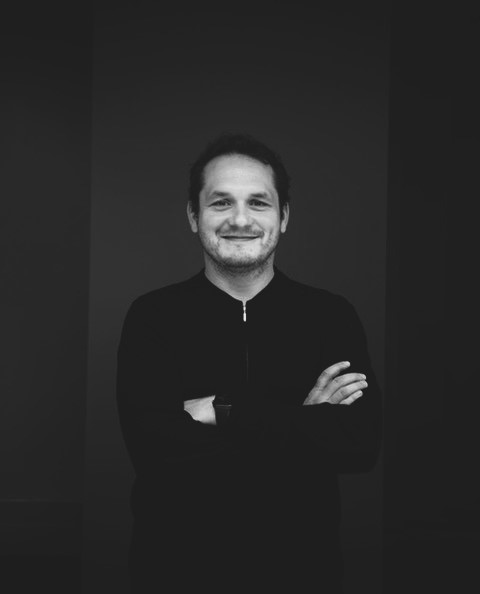
Michael Riegler
Research Professor at Simula Metropolitan Center for Digital Engineering AS (SimulaMet) and leader of the research group The Digitalization Process and AI Adoption in the Public Sector.
Riegler’s research interests includes artificial intelligence, machine learning, and medical multimedia.
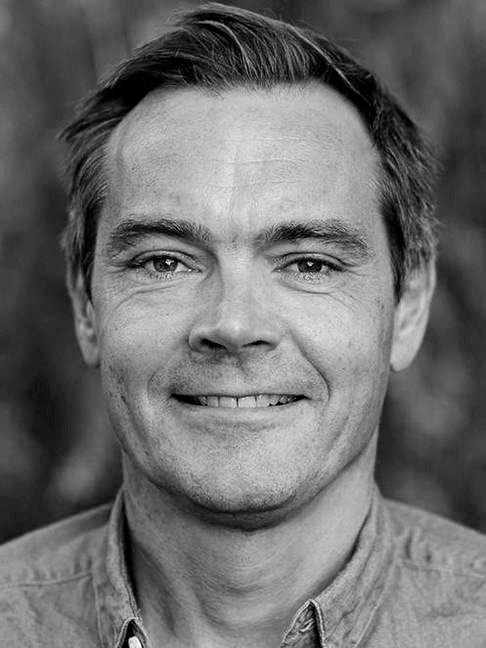
Kristian Tronstad
Head of research at the Norwegian Institute for Urban and Regional Research (NIBR), OsloMet.
Tronstad has background from political science and organisational theory. His research area includes migration, mobility, and active labour market.
PhD Candidates
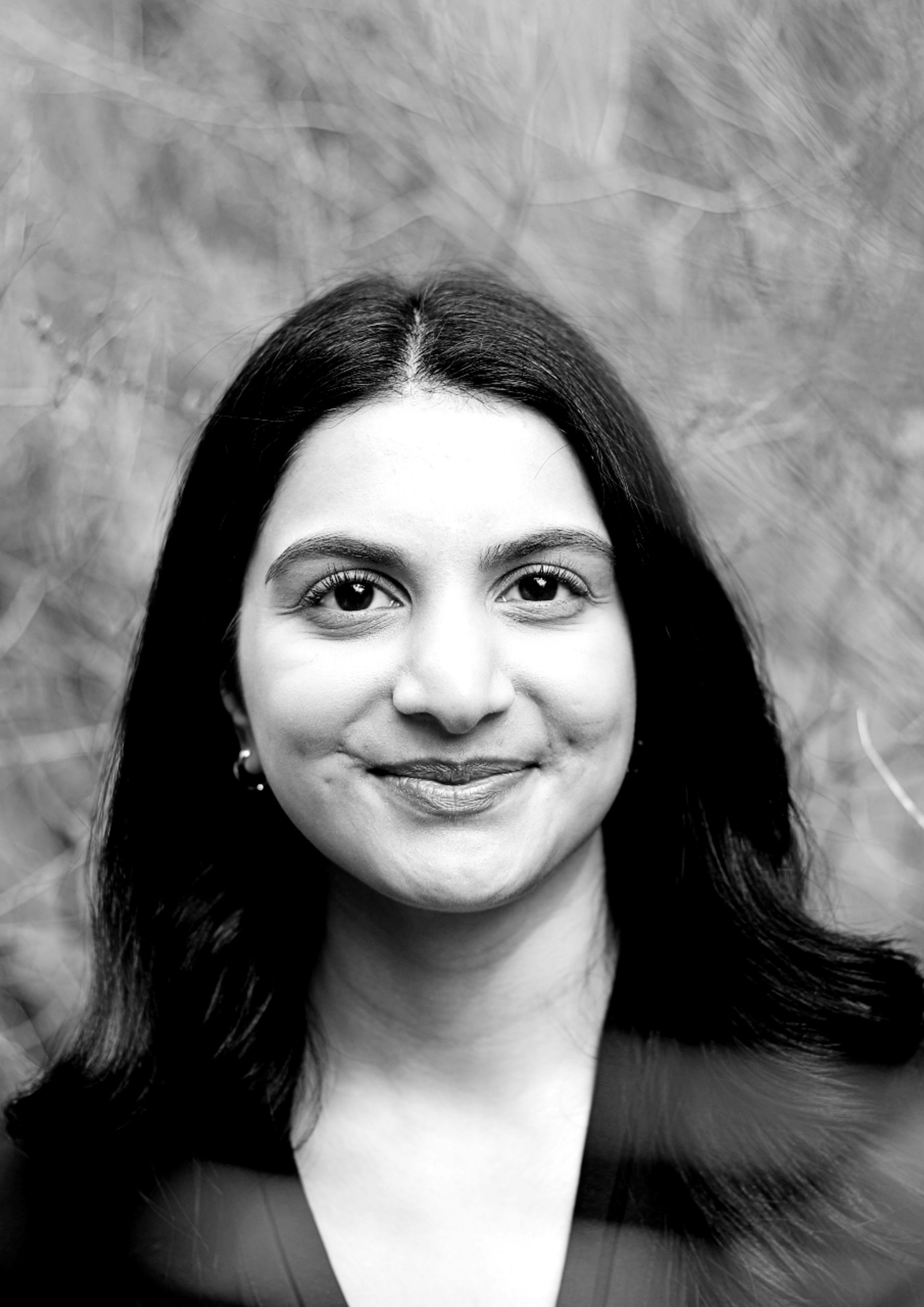
Sehrish Akhtar
PhD candidate at CEDIC and the Faculty of Social Sciences, OsloMet. Her research focuses on the use of technology to facilitate communication and reduce social isolation among older nursing home residents.
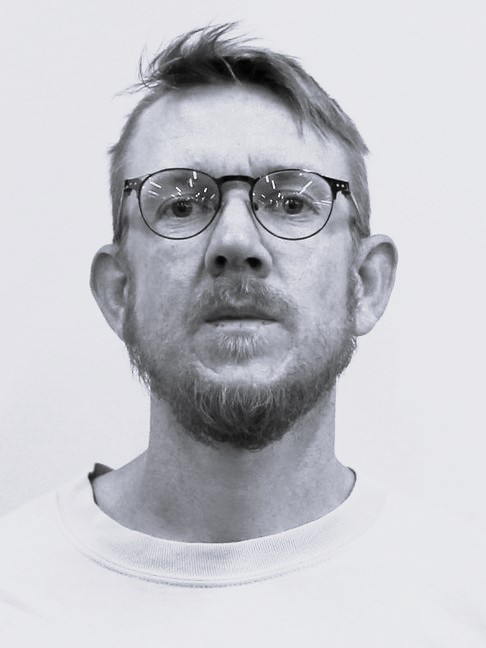
Clemet Askheim
PhD candidate at CEDIC and the Faculty of Social Sciences, OsloMet. Askheim is currently writing his phd about the concept of sustainability. His educational background is in philosophy and his project is affiliated with the NFR project «Virtual Presence».

Siri Frisli
MPhil in sociology from the University of Oslo and PhD candidate at the Norwegian Institute for Urban and Regional Research (NIBR), OsloMet. Her research is about information dissemination on social media, and the spread of misinformation. Her interest lies particulary in the use of machine learning/AI for text analysis.

Helene Maria Fiane Teigen
PhD candidate at Consumption Research Norway (SIFO) and CEDIC. Her ongoing PhD project explores everyday life with internet-connected household appliances, such as smart assistants, light bulbs, heaters, vacuums, and so on. Her research interests include human-technology relations, digital vulnerability, privacy, and digital literacy and competencies.

Biao He
PhD candidate at the Johan Skytte Institute, University of Tartu
Biao He contributes to the research team ECePS ERA Chair in e-Governance and Digital Public Services funded by the EU Horizon 2020. His research interests include e-government, digital accessibility, Chinese local governance, disability policy, public administration and governance. His PhD dissertation discusses how Chinese municipal governments create and provide accessible and age-friendly e-service website portals following the national policy requirements, and what mechanisms facilitate the implementation process and outcome.
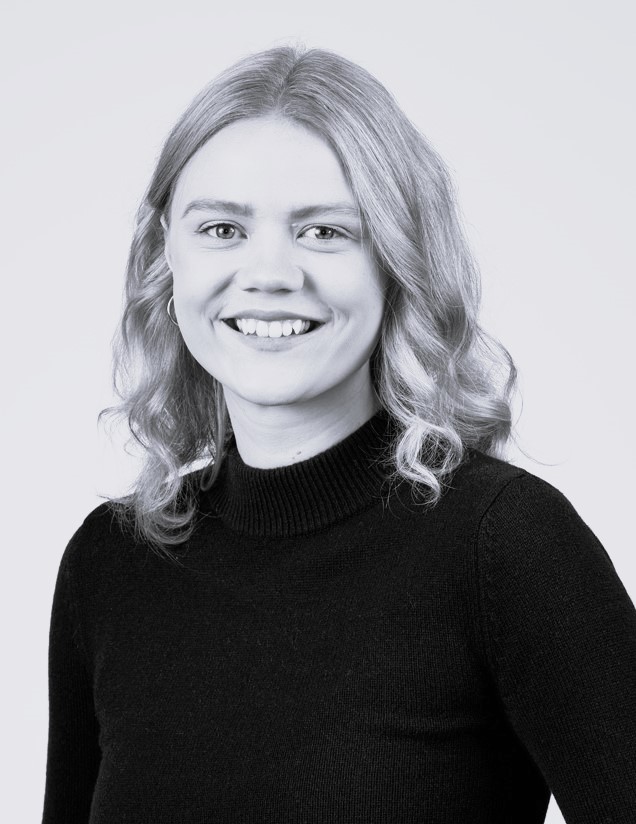
Karolin Elisabeth Moberg
PhD candidate in social sciences at CEDIC. Her ongoing PhD project explores the potential of computer games as an inclusive arena in youth, within the framework of Norwegian youth clubs.

Belma Kozica
PhD candidate in Social Sciences at CEDIC. Her ongoing PhD-project explores how digitalization and different ICTs are affecting direct social work practice in the Norwegian Welfare and Labour Administration (NAV).

Ingelin Mari Åmo
PhD candidate in social sustainability and systemic design at Faculty of Technology, Art and Design. Åmo’ research focuses on exploring the phenomenon of outsiderness in the context of work life, particularly within the framework of systemic design.
